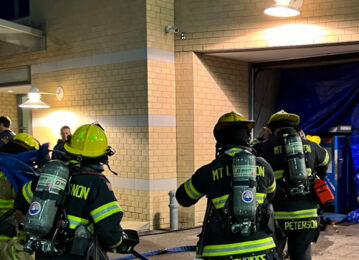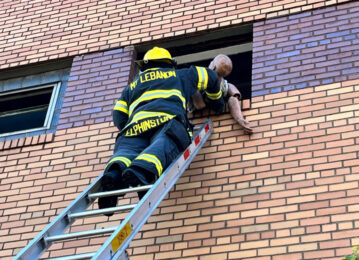GET ON THE
TRUCK!

Being a volunteer firefighter is challenging and rewarding. As a volunteer, you can expect to be challenged. Because firefighting is a dangerous job, you will receive a great deal of training to ensure that you are well versed in the art and science of fire and rescue.






